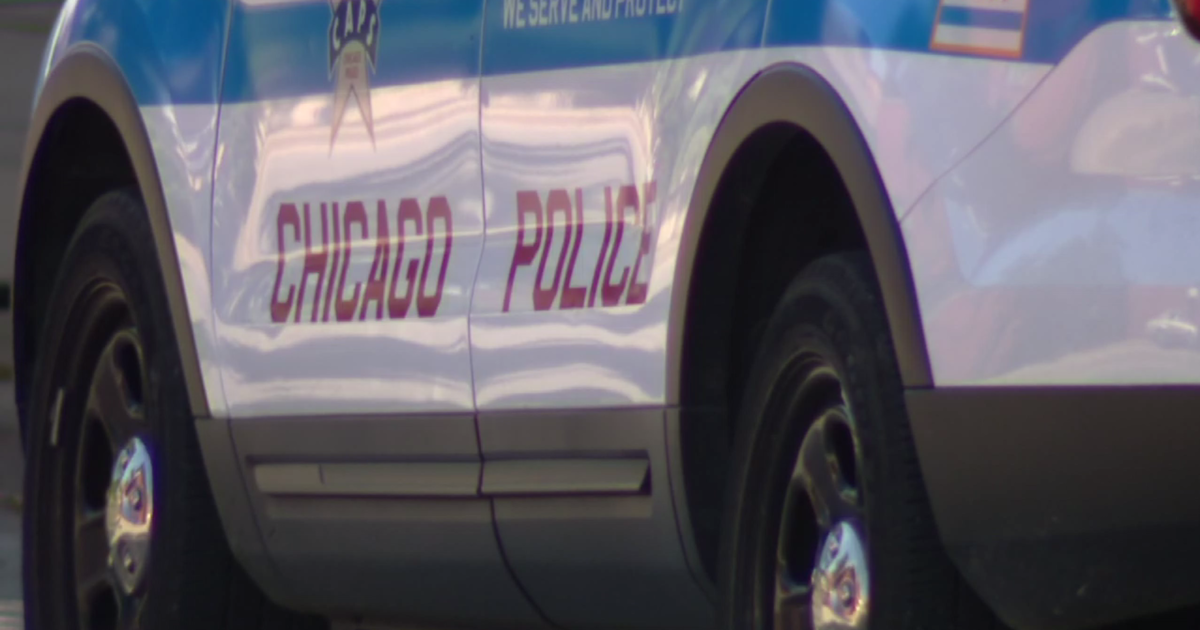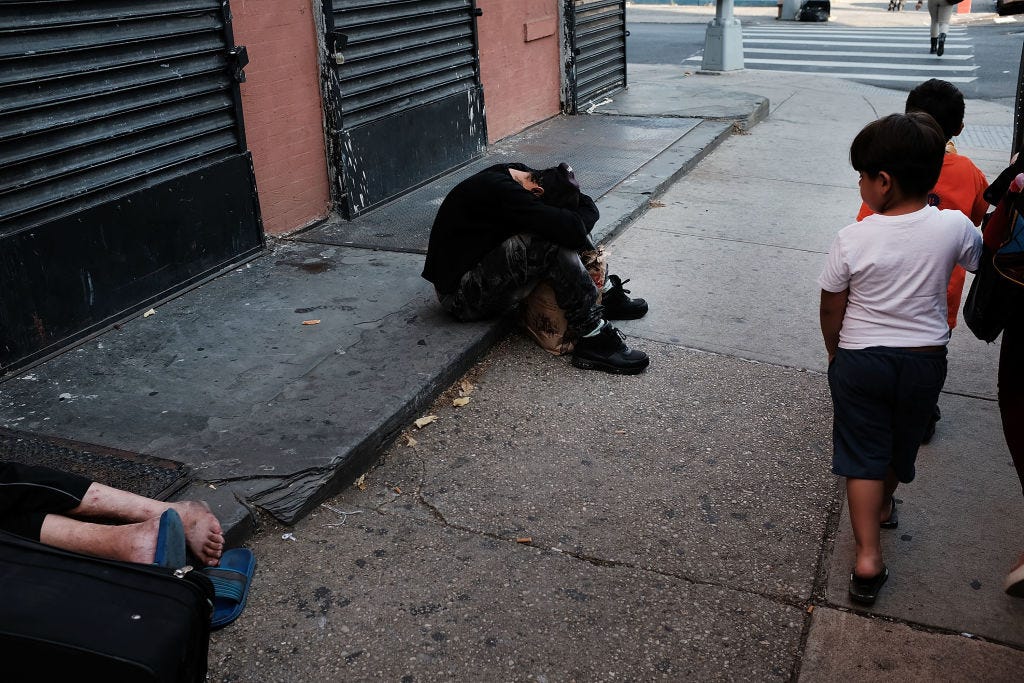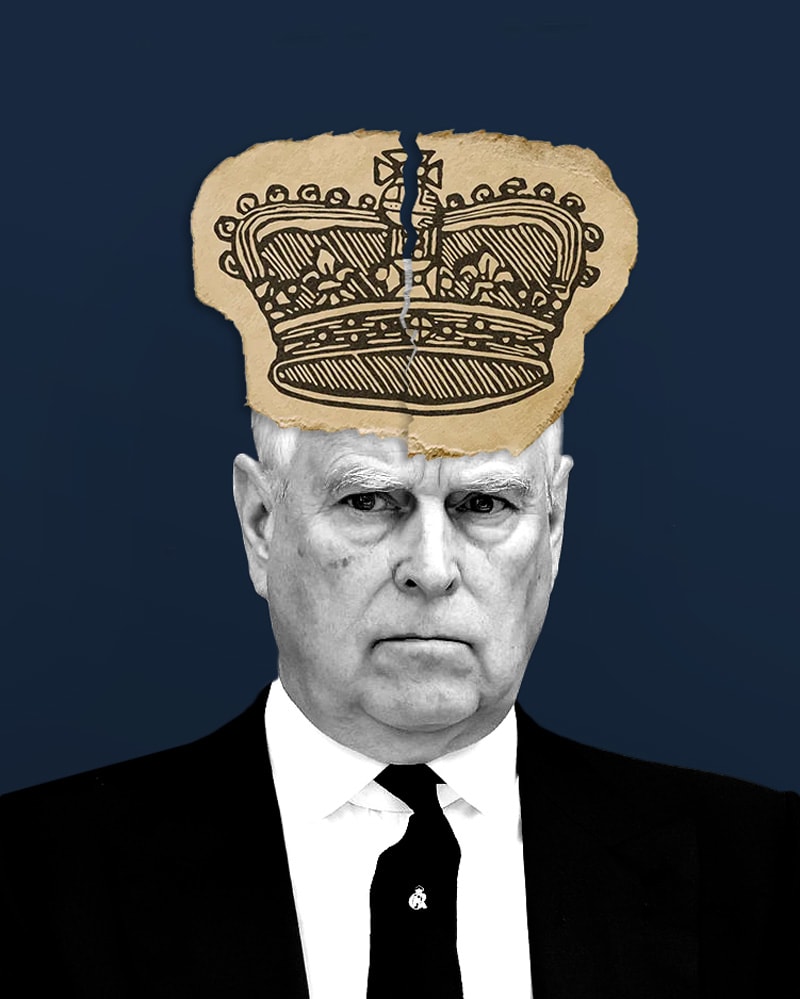Wrongful death claims filed by Prince's family dismissed
A wrongful death lawsuit filed by Prince's family members has been quietly dismissed in recent months, suggesting family members have reached settlements with defendants, including the Minnesota doctor who saw Prince in the weeks before his death and the Illinois hospital that treated him for an opioid overdose a week before he died. The dismissals largely close one legal chapter in the superstar's legacy, even as efforts drag on to value and dispose of his estate once pegged at around $200 million.
Prince was 57 when he died of an accidental fentanyl overdose on April 21, 2016, without leaving a will. No one was criminally charged in his death and the source of the counterfeit pills that killed him remains unknown. Authorities said it was likely Prince didn't know he was taking the synthetic opioid, which is 50 times more powerful than heroin.
Prince's heirs filed a wrongful death lawsuit against a slew of defendants in April 2018, alleging that they had the duty and opportunity to diagnose and treat Prince's addiction and prevent his death, but failed to do so.
But as early as last summer, plaintiffs began dismissing defendants.
Claims against Dr. Michael Schulenberg — a doctor who treated Prince in the weeks before his death — were permanently dismissed in November, along with claims against Schulenberg's former employer. Both sides agreed to the dismissals.
Claims against Walgreens, which filled prescriptions for Prince, and Trinity Medical Center, the Illinois hospital where Prince was treated for an opioid overdose a week before he died, were also permanently dismissed in August by agreement.
Attorneys in the case either declined to comment or did not return messages to The Associated Press. But Henry Blair, a professor at Mitchell Hamline School of Law in St. Paul, Minnesota, said the dismissal language — with agreement by defendants and plaintiffs — leaves him "99.99% sure those are settlements."
A medical negligence claim against Howard Kornfeld, a California addiction specialist who was contacted by Prince's associates before he died, was dismissed by a judge in September, but remains alive on appeal. Prince's family says Kornfeld had a duty to advise Prince's associates that he should be immediately admitted for treatment. But the judge found no evidence that Kornfeld ever communicated with Prince or that a doctor-patient relationship was established.
Authorities said Schulenberg admitted prescribing the opioid oxycodone to Prince's bodyguard in the days before Prince died, knowing the drug would go to Prince. He disputes that allegation, although he paid $30,000 to settle a federal civil violation alleging the drug was prescribed illegally.
The bodyguard, Kirk Johnson, was deposed during the wrongful death litigation, but refused to answer nearly all of the questions, according to a transcript.
Meanwhile, Prince's siblings are still waiting to learn how much his estate is worth. Court filings several months after Prince's death suggested the estate was worth around $200 million before taxes. More recent filings suggest the estate and Internal Revenue Service have not yet agreed on its value.






